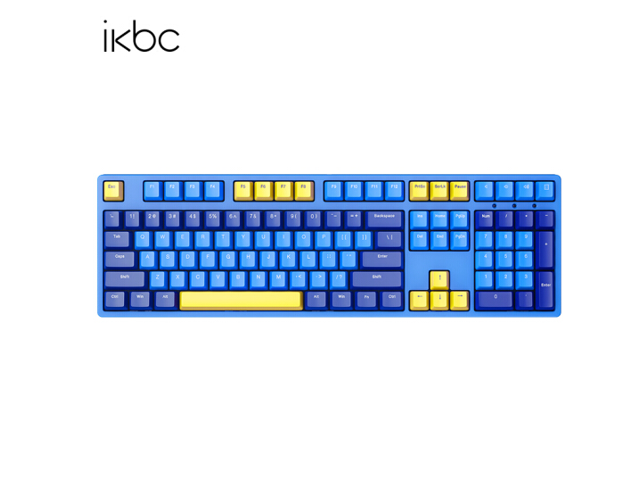Human Hand Function is a multidisciplinary book that reviews the sensory and motor aspects of normal hand function from both neurophysiological and behavioral perspectives. Lynette Jones and Susan Lederman present hand function as a continuum ranging from activities that are essentiallysensory in nature to those that have a strong motor component. They delineate four categories of function along this sensorimotor continuum–tactile sensing, active haptic sensing, prehension, and non-prehensile skilled movements–that they use as a framework for analyzing and synthesizing theresults from a broad range of studies that have contributed to our understanding of how the normal human hand functions.The book begins with a historical overview of research on the hand and a discussion of the hand’’s evolutionary development in terms of anatomical structure. The subsequent chapters review the research in each of the four categories along the continuum, covering topics such as the intensive spatial,temporal, and thermal sensitivity of the hand, the role of hand movements in recognizing common objects, the control of reaching and grasping movements, and the organization of keyboard skills. Jones and Lederman also examine how sensory and motor function develops in the hand from birth to old age,and how the nature of the end effector (e.g., a single finger or the whole hand) that is used to interact with the environment influences the types of information obtained and the tasks performed. The book closes with an assessment of how basic research on the hand has contributed to an array ofmore applied domains, including communication systems for the blind, haptic interfaces used in teleoperation and virtual-environment applications, tests used to assess hand impairments, and haptic exploration in art. Human Hand Function will be a valuable resource for student and professionalresearchers in neuroscience, cognitive psychology, engineering, human-technology interaction, and physiology.















